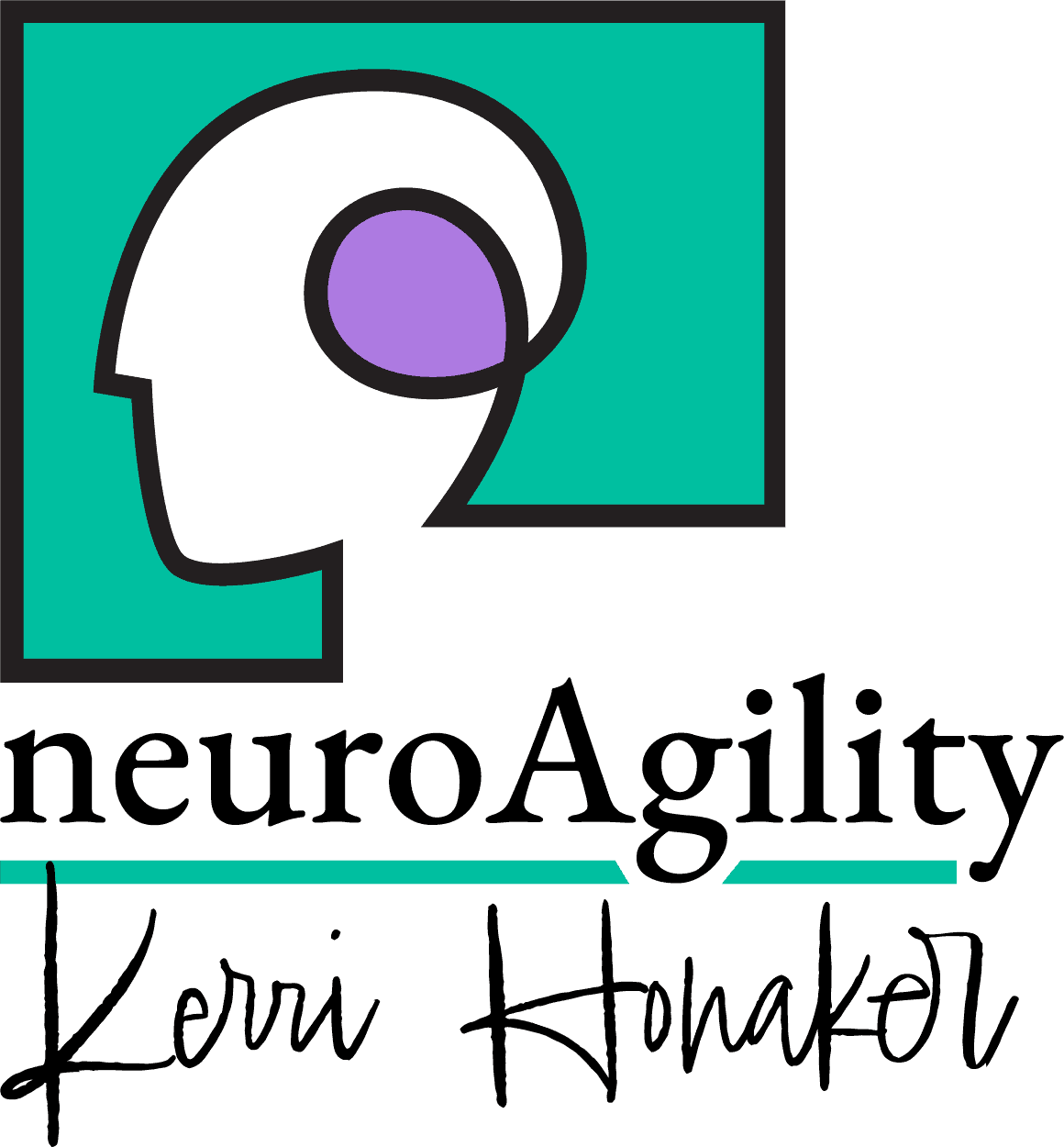Sleep
-
The Science Is Extremely Clear: You Need to Prioritize Sleep
·
· SleepThe more scientists learn about the slumbering brain, the more they realize how vital sleep actually is. Now some researchers hope to develop it into a form of medicine. Read full article: Wired.com, “The Science Is Extremely Clear: You Need to Prioritize Sleep”
-
Are Your Children Sleep-Deprived?
·
· SleepIt’s about that time: the start of the school year. Bleary-eyed kids everywhere are dragged from bed, thrown into clothing, handed an energy bar and glass of juice, and shuttled off to spend hours sitting at a desk. They come home, do hours of homework, squeeze in some screen time, squeeze some vaguely edible goo…
-
Falling for Sleep
·
In Evelyn De Morgan’s numinous painting, Night and Sleep (1878), Nyx, the mighty Greek goddess of night, hovers across a dusky sky with her beloved son Hypnos, the sweet-natured god of sleep. The painting and the Greek gods it captures depict a radically different way of understanding and relating to sleep. In antiquity sleep was personified, transcendent, even romantic.…
-
How to Get a Better Night’s Sleep
·
· SleepMost people know they need to eat right and exercise to be healthy. But what about sleep? We spend about one-third of our lives asleep, and sleep is essential to better health. But many of us are struggling with sleep. Four out of five people say that they suffer from sleep problems at least once…
-
Teens Sleeping Too Much, Or Not Enough? Parents Can Help
The average American teenager gets seven hours of sleep a night, wedging it in between homework, outside activities, dinner and maybe a job. But research suggests teens need more like nine hours…Unfortunately, even their bodies work against them, says Mary Carskadon, a longtime sleep researcher and professor of psychiatry and human behavior at Brown University.…
-
I Learned I Have Sleep Apnea. It’s More Serious Than Many People Realize.
·
· SleepSleep apnea can be downright deadly, and not just for those who have it. It’s associated with a greater risk of depression, heart attacks, strokes and other cardiovascular conditions, as well as insulin resistance. As I learned, there’s no reason to meekly accept sleep apnea: There are many treatment options that can control it. Read…
-
Want to enjoy the deep, mystical sleep of our ancestors? Turn your lights off at dusk.
·
What if you could meditate like a Tibetan lama with no instruction whatsoever — and without having to subscribe to any religious beliefs? People hear a question like that and, unless they are particularly gullible, they assume they’re about to be scammed. But in this case there is nothing to buy — no tapes, no…
-
7 Daily Practices for Engineering the Good Life
Engineering the good life is about removing negative inputs as much as it is about adding positive ones. Read full article: Mark’s Daily Apple, “My 7 Daily Practices for Engineering the Good Life”
-
Resilience Is About How You Recharge, Not How You Endure
One often believes that the longer we tough it out, the tougher we are, and therefore the more successful we will be. However, this entire conception is scientifically inaccurate. The very lack of a recovery period is dramatically holding back our collective ability to be resilient and successful. Read full article: Harvard Business Review, “Resilience…
-
Silence is good for your brain and lowers stress, but where can you find it?
Even as the world gets noisier, scientists are learning more about the very real negative physical and mental effects of noise. And it’s through those studies of noise pollution that we are also getting a handle on how important silence is to the brain and mental health. Read Full Article: mother nature network, “Silence is…
